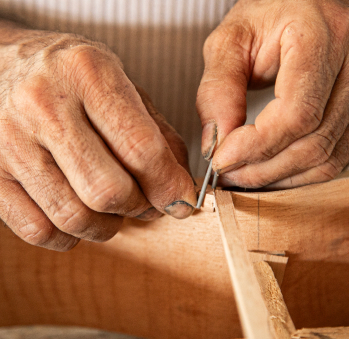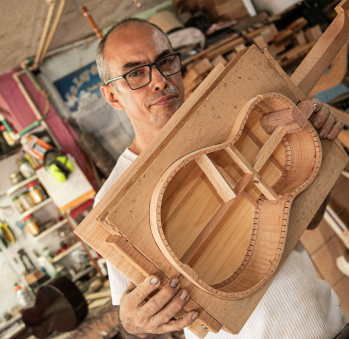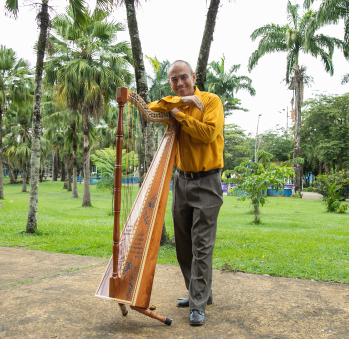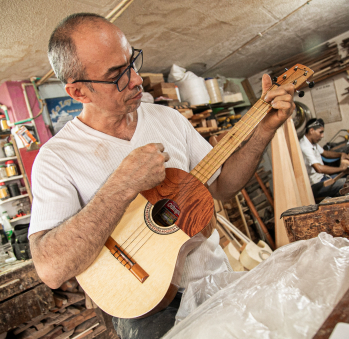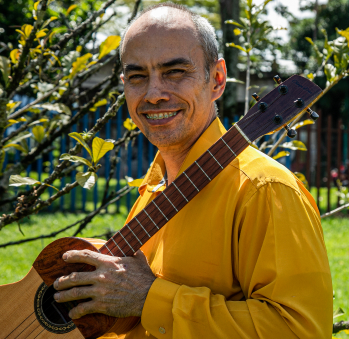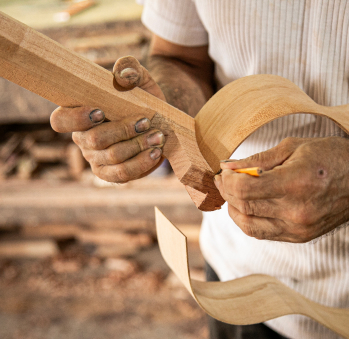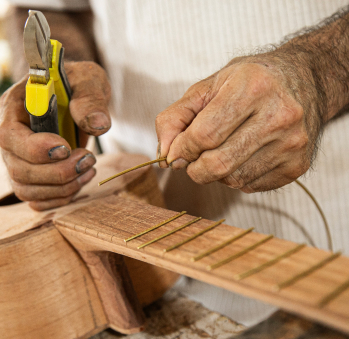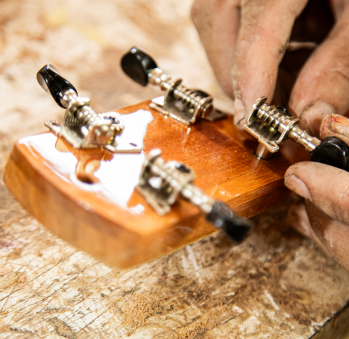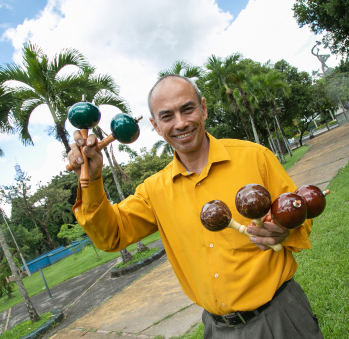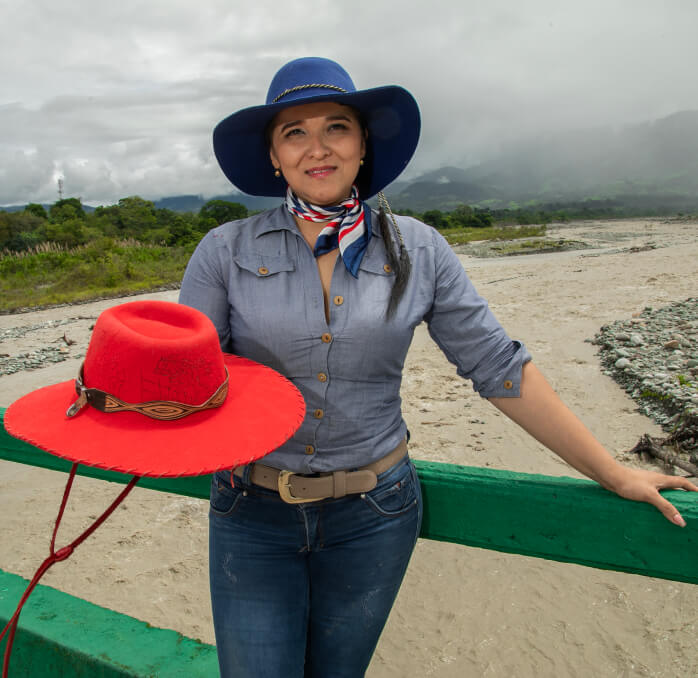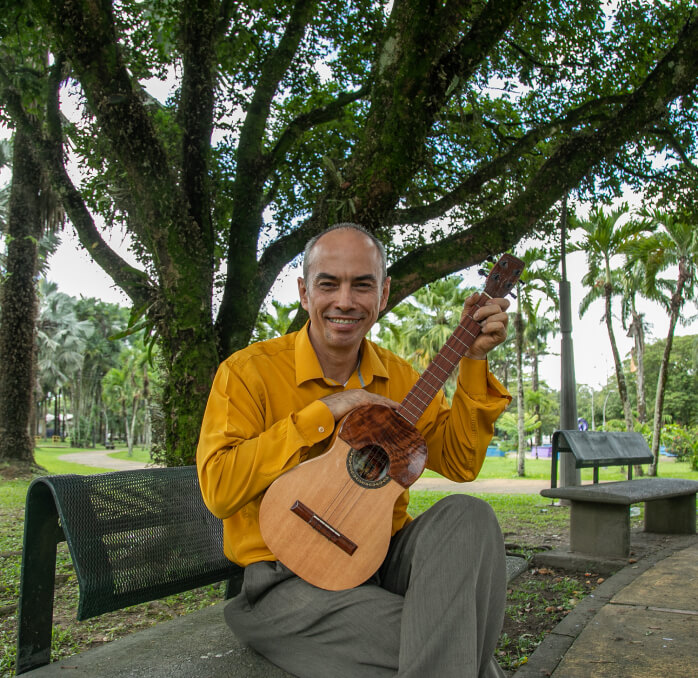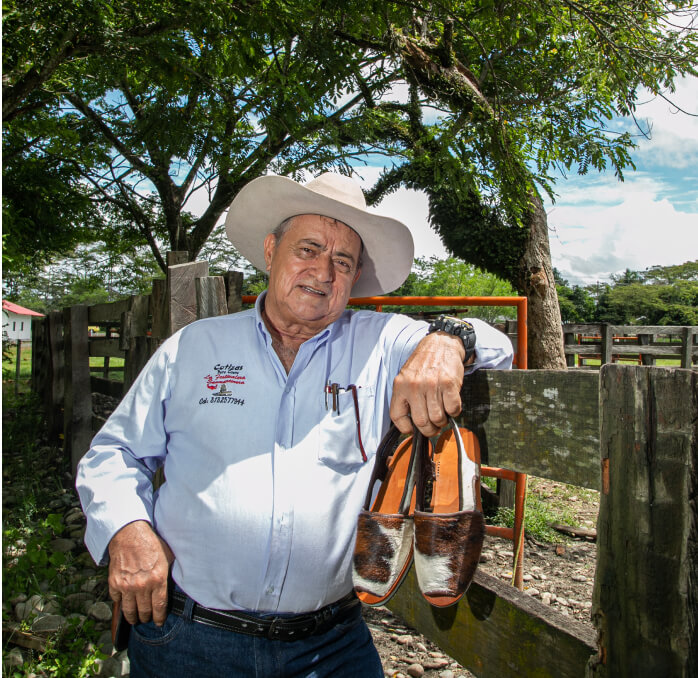Oscar Olimpo Díaz Ortegón
Workshop: Fábrica de Instrumentos Musicales Olimpo Díaz
Craft: Luthería
Trail: Meta Route
Location: Villavicencio, Meta
Óscar Olimpo could have pursued a path to success in the world of Mexican corridos norteños music. Yet, after an intense and bohemian youth, he made the choice to follow the teachings of God and become a luthier. His father, a renowned luthier himself, had already established the family name and their legacy of instrument craftsmanship in Villavicencio. As the saying goes, what you inherit, no one can take away, and this held true for Óscar as well. He surrendered to his family’s foundational musical roots and the keen ear he inherited, which, in turn, his own children would inherit from him. They all possess a remarkable talent for music, and their lives revolve around instruments.
His story began over half a century ago, when Mister Olimpo started selling guitars in Los Llanos, marking the beginning of a tradition. Whenever an instrument needed repairs, he had to figure out how to fix it, and he certainly did. Through hands-on experience, he became skilled in this craft that demands dexterity, creativity, resourcefulness, and a discerning ear. His background as a musician made everything easier. He played the drums and was well-versed in various guitar styles, including tríos. He then passed on his melodic spirit to his children.
Óscar Olimpo fondly reminisces about crafting his own eight-string mandolin at the tender age of seven, with the guidance of his father who later sold it for 1,500 pesos and gave him 1,000. By the age of ten, his father entrusted him with the use of hand and table saws, allowing him to create his own musical instruments independently. He smiles when recalling his indefatigable father and the challenging times they endured. It was not uncommon for them to sleep on the floor occasionally, as their father used the bed boards for completing orders. New boards would arrive with prosperity, followed by necessity, a recurring cycle. These memories make him hold dear the first harp he crafted at the age of fifteen because it reminds him of his father’s sudden passing and all the unanswered questions about the craft that he could no longer ask. He had to learn everything else by himself, just as his father did.
Speaking of mandolins, they serve as a gateway into the realm of llanero music and its unique instruments, including the harp, bandola, cuatro, and a particularly special one, the cirrampla, a string instrument traditionally handcrafted by the Orocué Sáliba indigenous people. He is well-acquainted with each of these instruments and crafts them with his expertise in sound repair. Consequently, he understands the different demands between an instrument intended for professional performance and one meant for educational purposes.
Each need requires a distinct approach to craftsmanship, and Óscar Olimpo has witnessed the evolution of instruments like the bandola over the years. While forty years ago it had seven frets, today it can have up to twenty-four frets, whereas a classical guitar typically has twelve. This evolution is a response to the high expectations of musicians who seek to achieve greater sound complexity, thereby influencing the evolution of musical rhythms. Luthiers are responsible for adapting their instruments to meet the musicians’ requests. A similar transformation has occurred in the realm of education, and Óscar Olimpo commends the work of masters like Gildardo Cruz and Óscar Cuervo, who have crafted smaller bandolas for young learners, akin to the use of small violins in classical music education for children.
He takes great pleasure in describing the intricacies of his craft, including his tools, his music, and the influence of his father. He acknowledges that, on many occasions, upon receiving an old instrument for repair, he has discovered that it was originally made by Mister Olimpo. Each time, joyous shivers reach his heart as he reads the seal of a family that will continue this legacy, ensuring that it will never fade away.
Craft
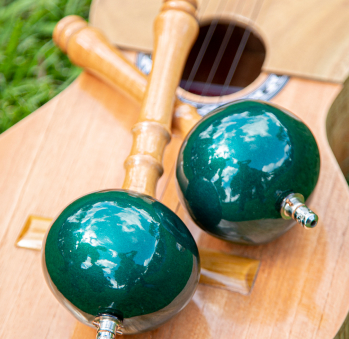
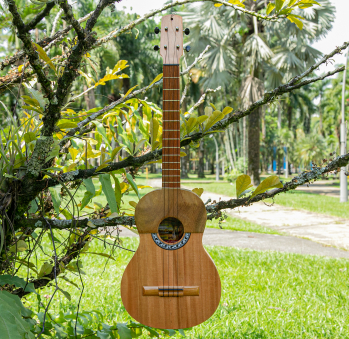
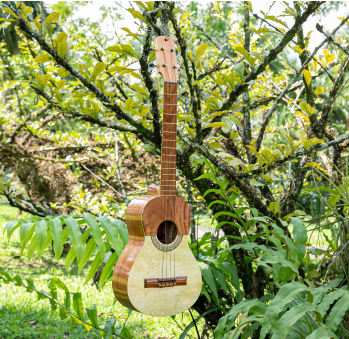
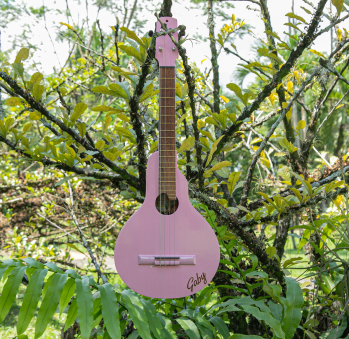
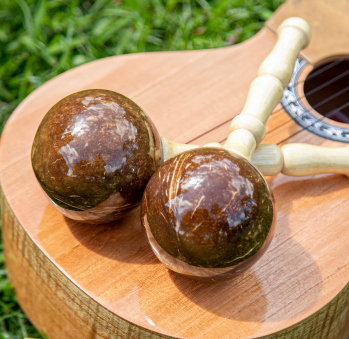
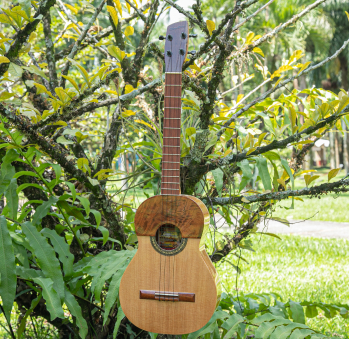
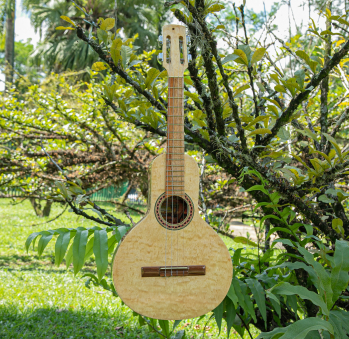
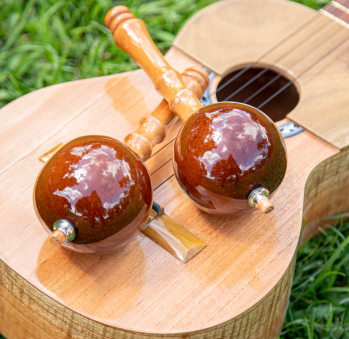
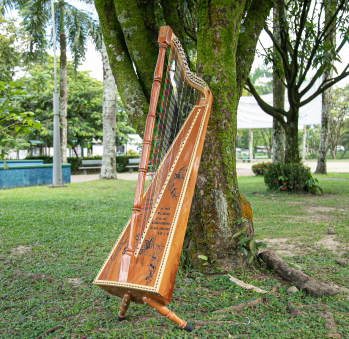
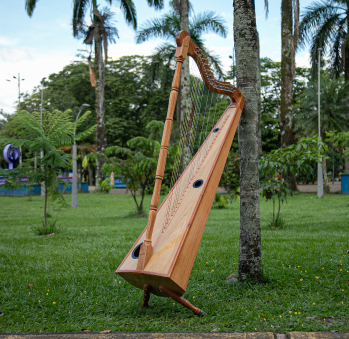
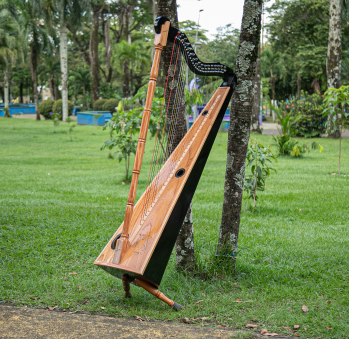











Artisans along the way
Artisans along the way
No puede copiar contenido de esta página








































